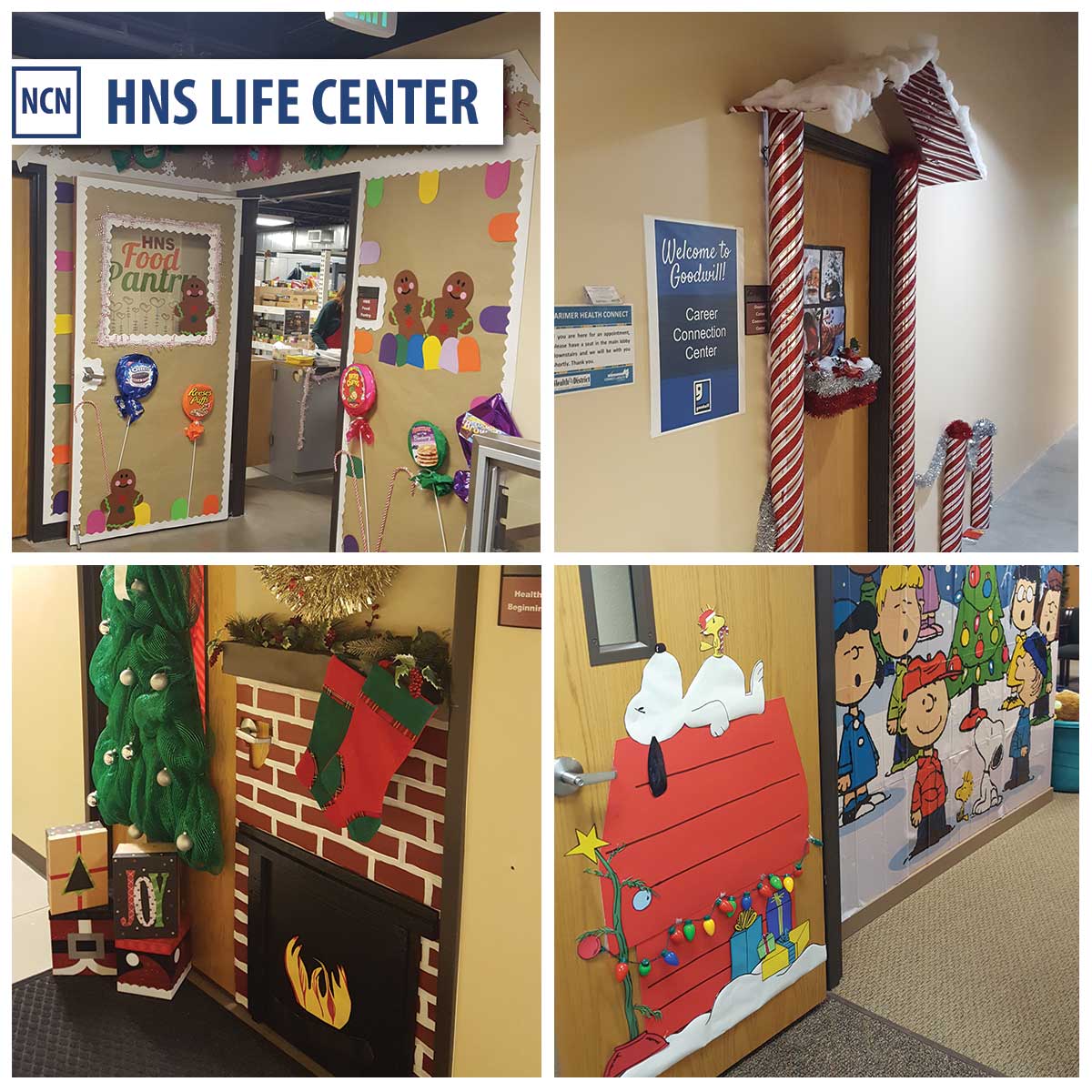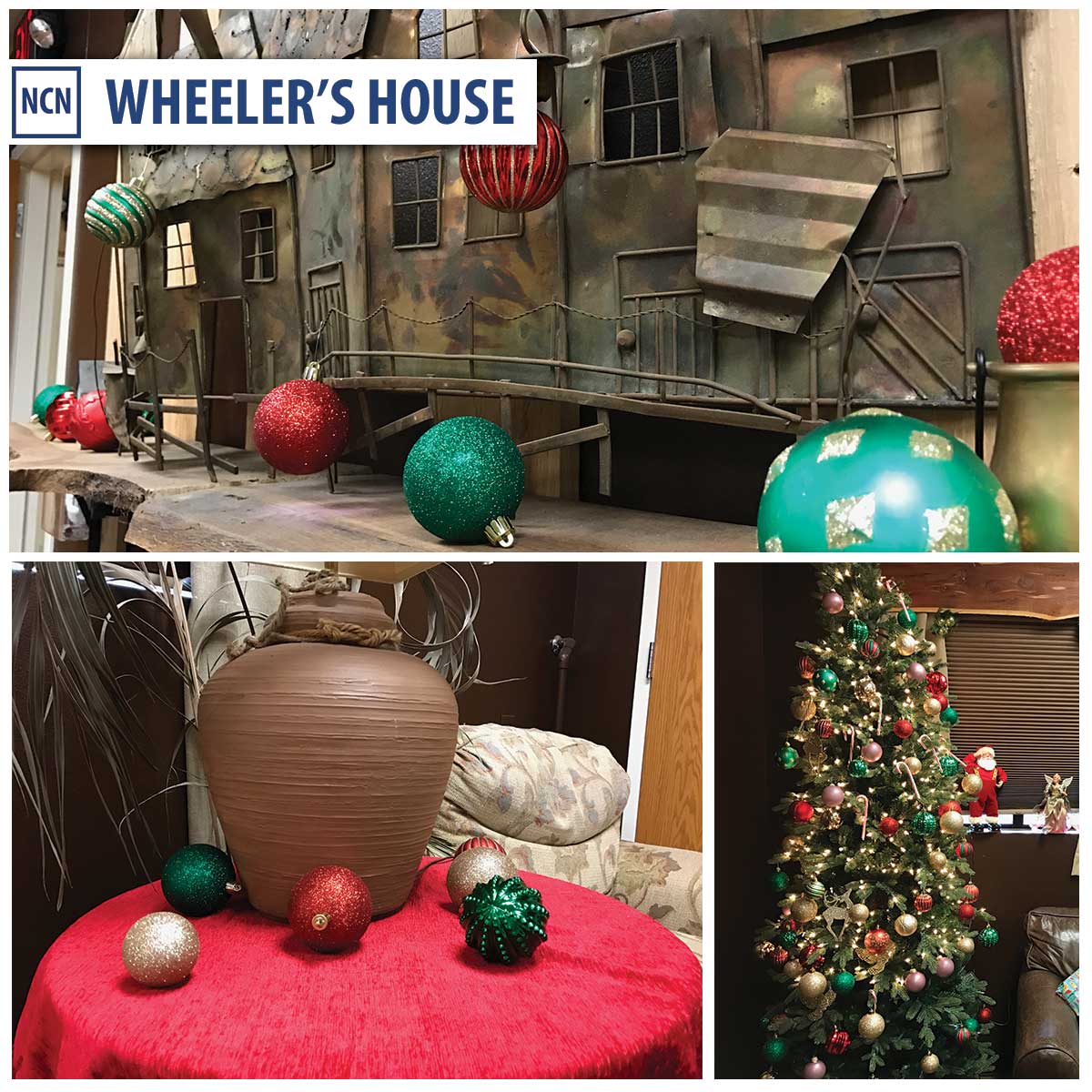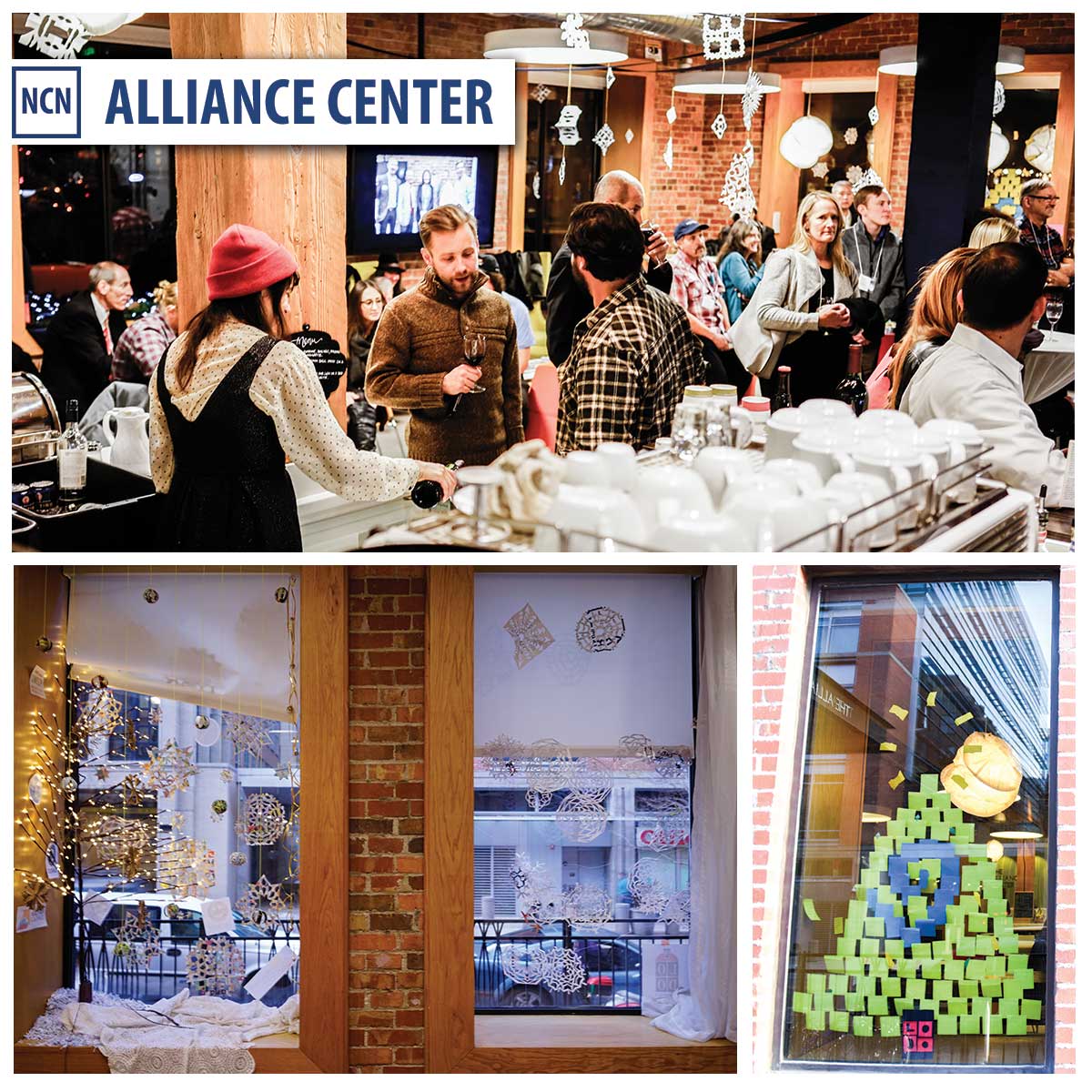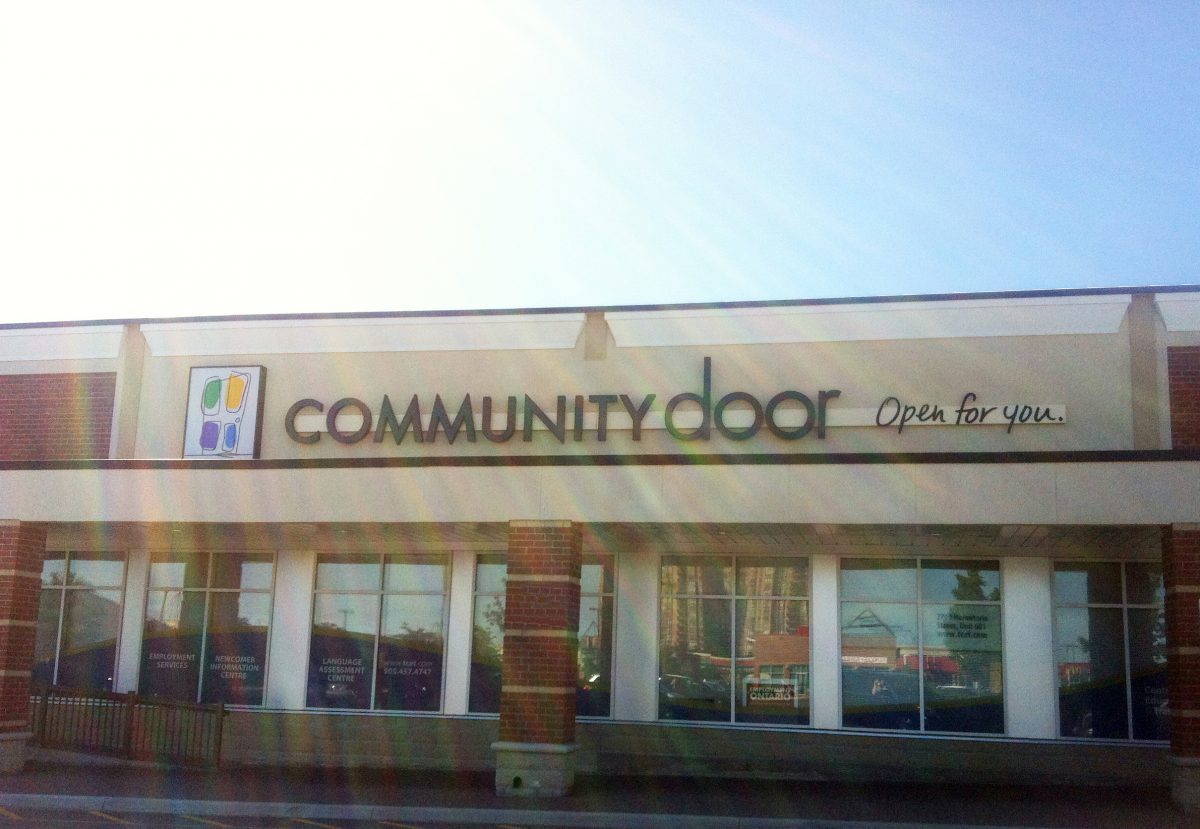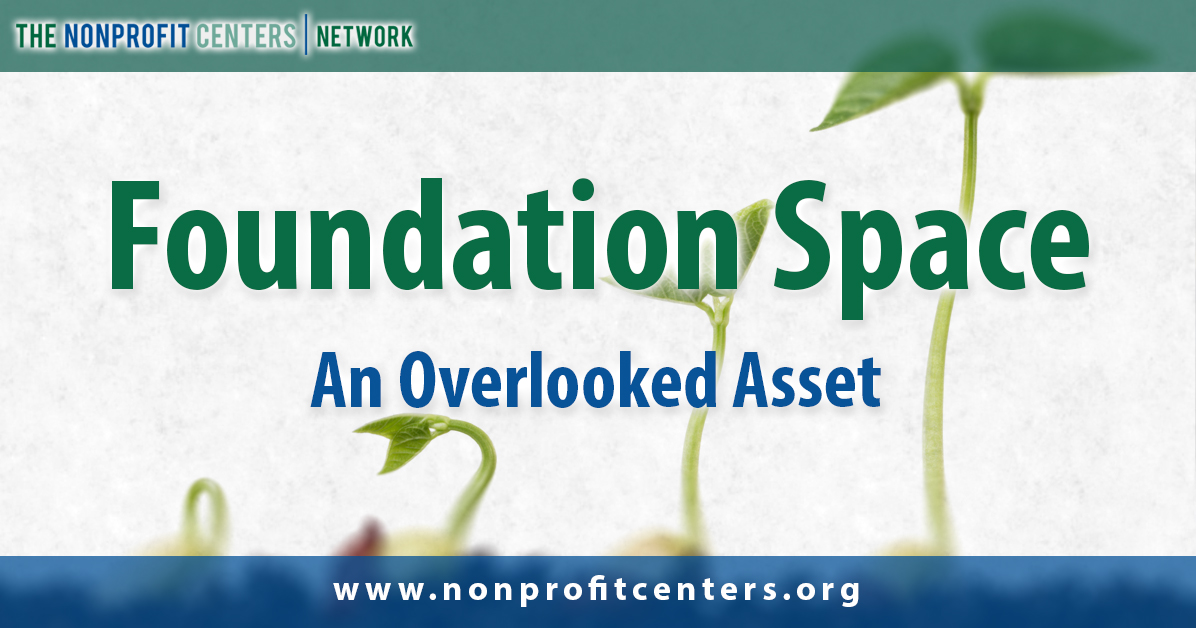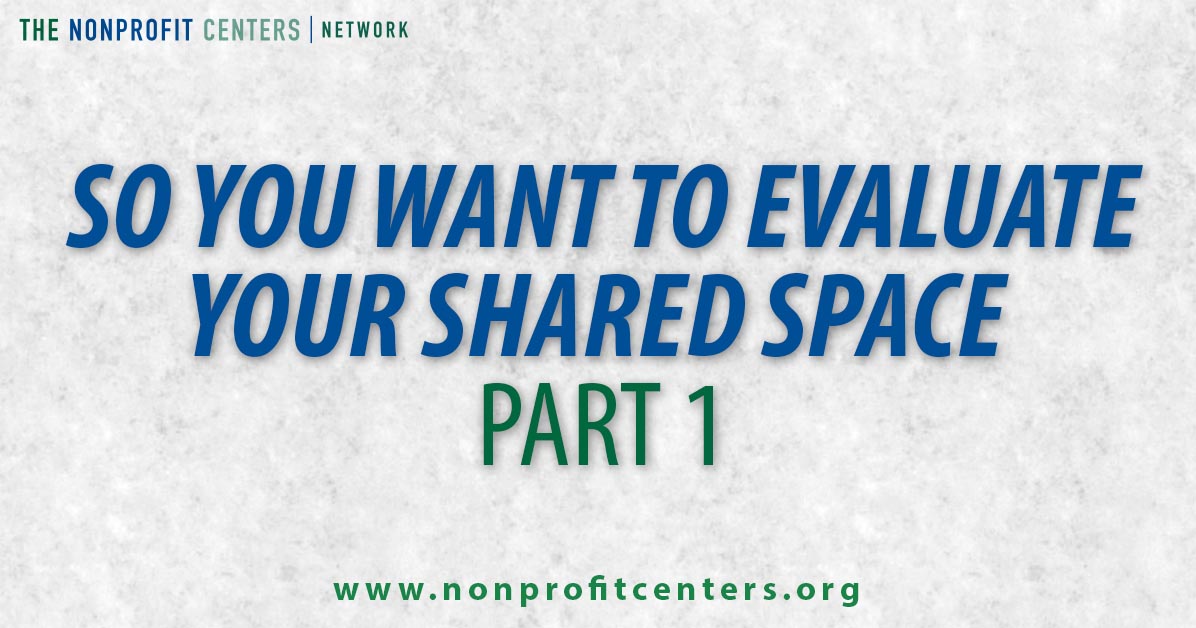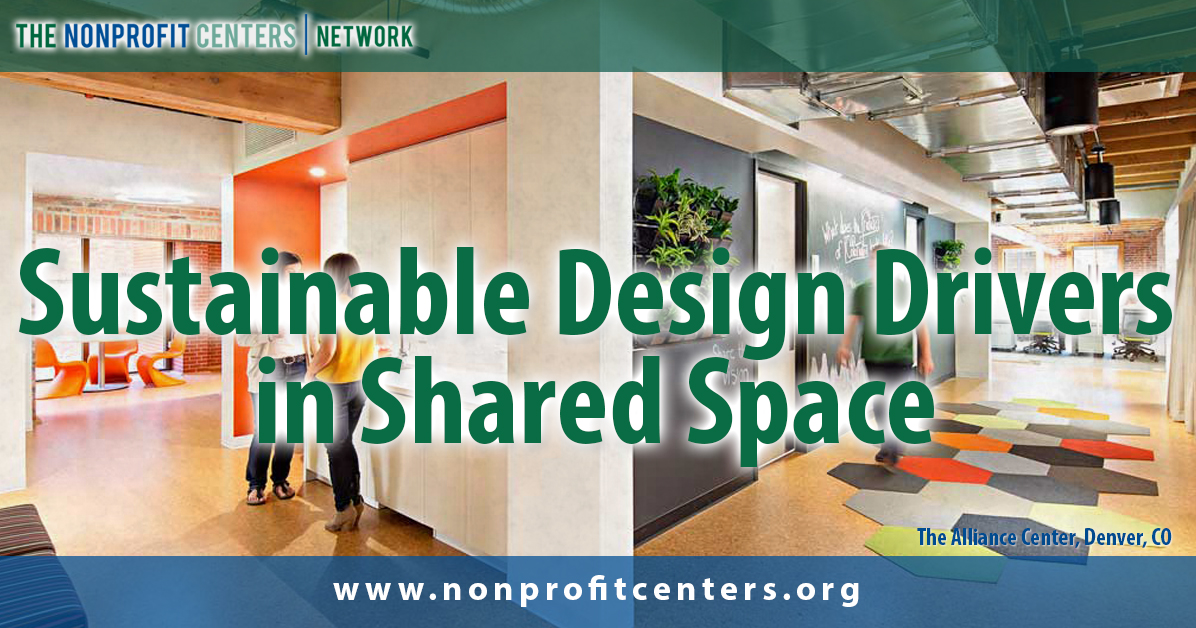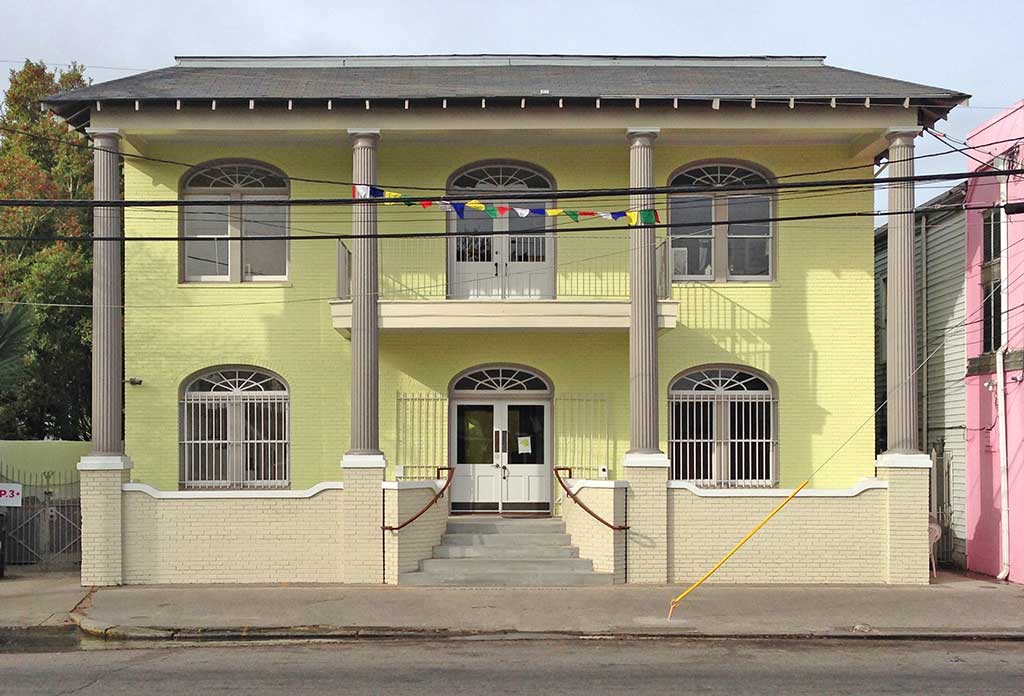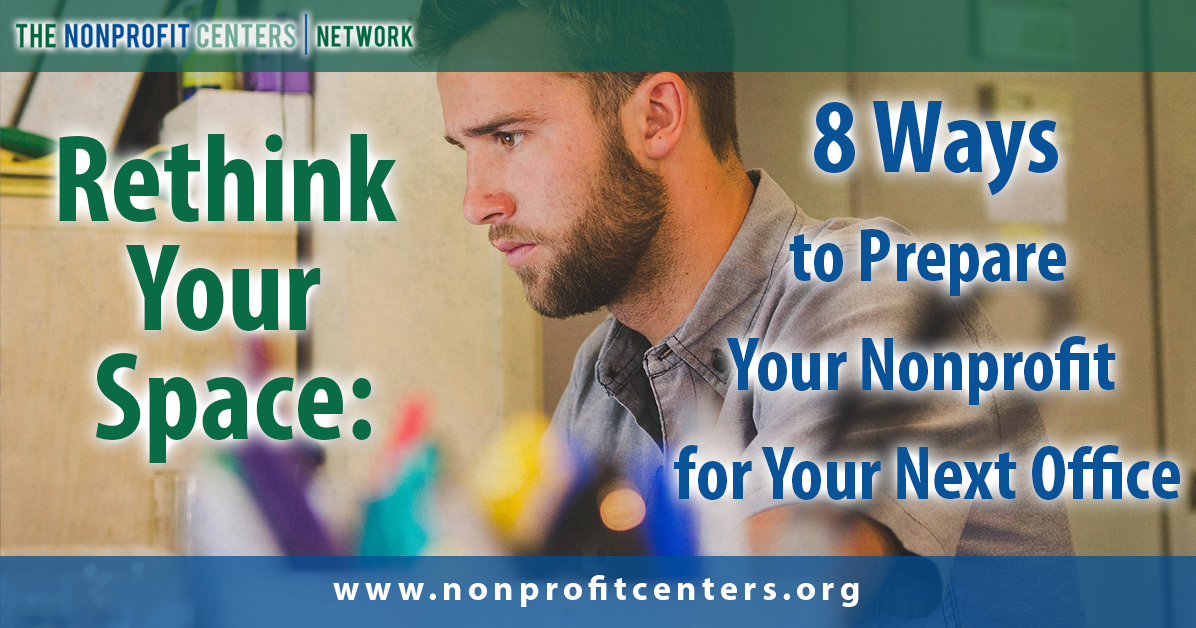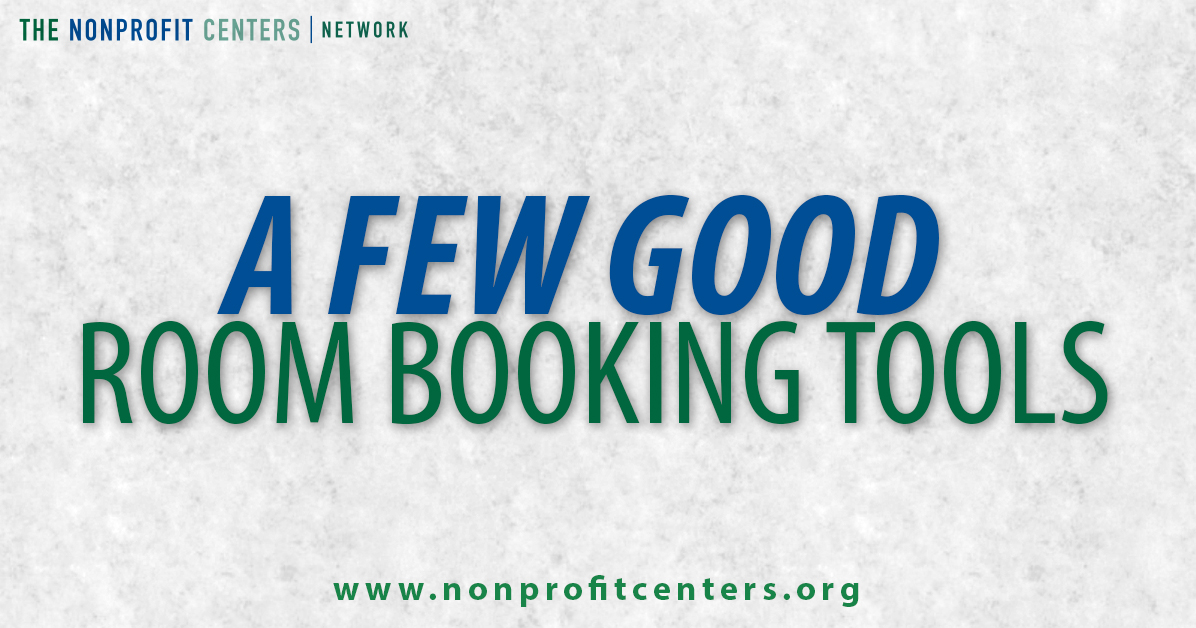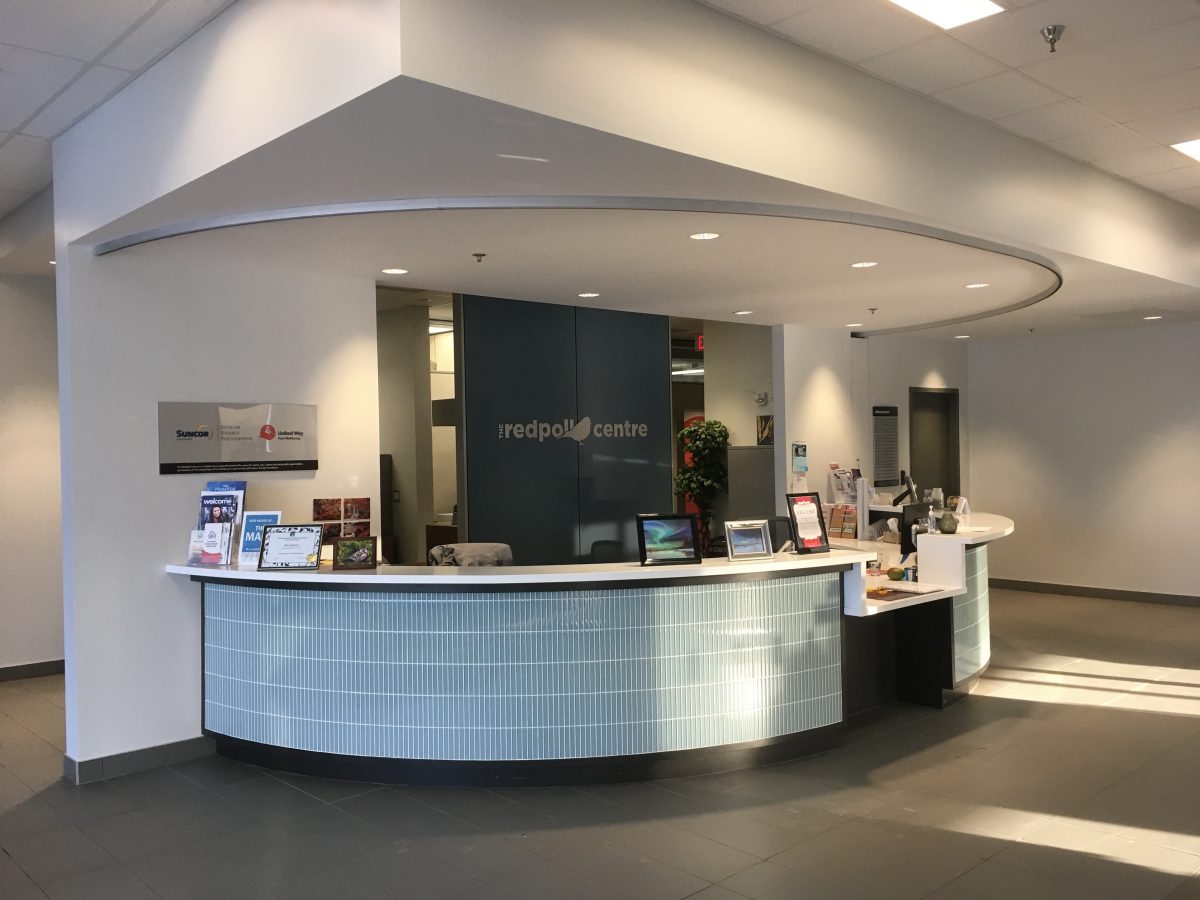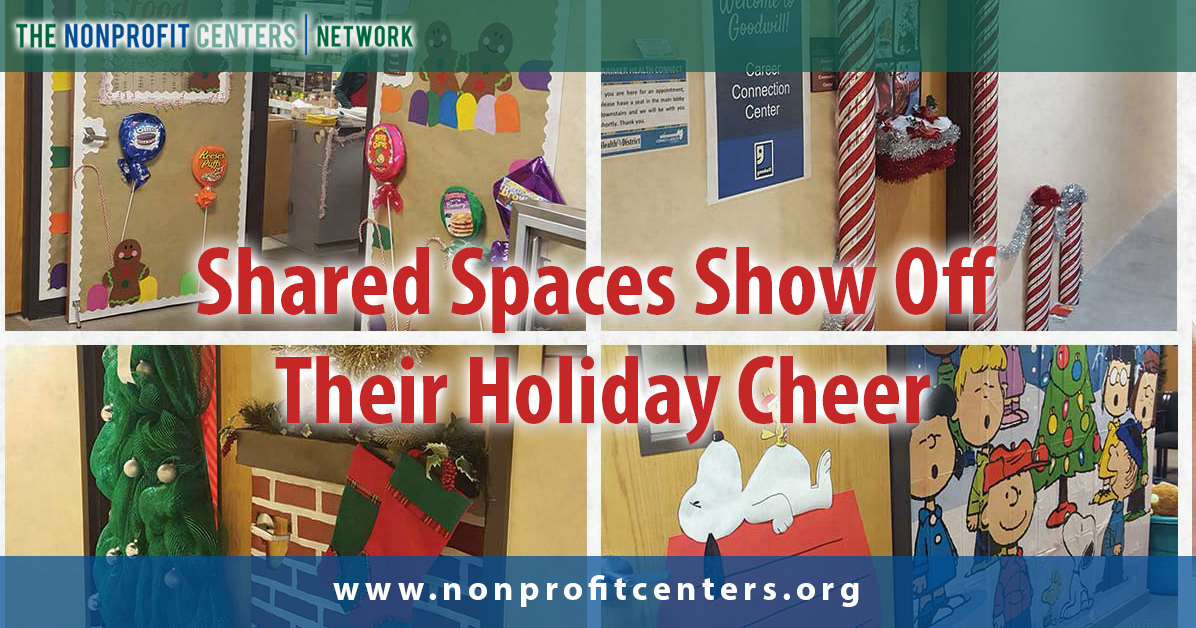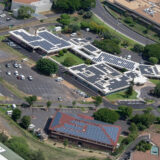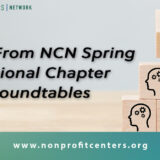Community Door is the result of collective efforts of socially-focused agencies looking to combine resources and work together to better serve the community through a centralized social services location.
Thousands of foundations expend dollars each year on offices for their staff. What would occur if each one envisioned its physical facility as a civic space – a place for itself, its grantees and its community? What would such spaces look like? Fortunately, we find the answer to these questions in the stories of the 17 foundations described in this timely and important publication, Planting a Seed: Foundations Build Community with Shared Workspace. To borrow a phrase from John Elkington, a leader in the field of corporate global responsibility, each featured foundation has embraced a ‘triple bottom line’ approach to the design and operation of their facilities. They are creating economic, community and environmental benefits for a broad array of stakeholders. In the economic realm, building projects become investments, create long-term savings, and can create employment opportunities for residents and support local businesses. In the community realm, foundations showcase the work of their grantees, host conference centers and provide quality office space for nonprofit organizations. In the green or sustainability realm, they model energy efficiency and the use of sustainable materials to create healthy places. In addition, these facilities demonstrate how other foundations can use workspace to vividly embody their values and mission. As reported in a recent Foundation Center publication, More Than Grantmaking: A First Look at Foundations’ Direct Charitable Activities, many foundations are finding new ways to augment their grantmaking to advance their respective missions. In the report, one-quarter of the surveyed independent and family foundations now conduct such direct charitable activities, such as:
NCN started 2017 by kicking off the Evaluation Project, a peer learning opportunity we created with Elena Harman and Laura Sundstrom of Vantage Evaluation. Ten centers are participating in this 9-month process to understand how to approach impact measurement in a rigorous way. Each center will be supported as they complete their own evaluation. This is the first of a series of blogs on what we are learning through this critical process of making the case for shared space. The advantages to the approach we are using are twofold: first, the centers are essentially sharing the cost of an evaluation professional who would have cost them many times more if they contracted individually; secondly, by working in parallel, the centers are “speed” learning what works in various settings since they can see what their peers are trying and apply those lessons in their center. We have a great mix of centers: large, small, new and seasoned. We have some centers who are focused on a specific theme or issue area and some that are more general in terms of the types of tenants they house. This has helped us learn more about how different types of centers approach evaluation, why they want to do it and what kinds of information they are seeking.
The Alliance for Sustainable Colorado, the owner and operator of the Alliance Center, undertook a four-year “transformation” project of the 41,000 square feet building, constructed in 1908. In 2010, the five-story brick building, a former warehouse, was configured in a traditional, private suite layout that had little natural light and limited space for gatherings or collaboration. The renovation sought both to “create a cost-effective, high-performing building model” as well as to identify a replicable approach that could be applied to other commercial offices and historic buildings.
Arts Estuary 1024 is a multi-tenant arts facility in a renovated historic building. The center is located at 1024 Elysian Fields Avenue in the Faubourg Marigny neighborhood of New Orleans on the edge of the St. Claude Avenue Arts District. Arts Estuary 1024 supports a collaborative environment that fosters the growth and development of individuals and organizations dedicated to the creative arts and community engagement. The facility is primarily used as administrative space for local cultural organizations but can also accommodate meetings, gatherings, rehearsals, receptions, and events.
It’s happened. Your landlord isn’t going to give you the same deal on your windowless basement office as he’s given you for the last five years. You have twelve months to figure out where to move, and you don’t even know how to start. We talk to many Executive Directors in this position. Here’s some tips for you as you start the process.
The Lab is a co-working space in downtown Oakland designed to support visionary changemakers, artists activists, and social justice revolutionaries with the space to make their work easier and to keep them from being priced out of the San Francisco Bay Area. In addition to office space, members of the The Lab have access to a host of meeting spaces, outdoor patios, and technology offerings like videoconferencing. The space also features vibrant artwork by artists from member organization Culturestrike, including some of the groundbreaking social justice artwork of Favianna Rodriguez, our newest board member.
Managing shared meeting space is one of the biggest challenges you face in a nonprofit center. I’ve seen everything from custom room booking systems that use room occupancy sensors to cancel room reservations to room schedules kept using pen and paper. Virtually everyone wants there to be a technology platform that does it all, at an affordable rate, or better yet for free. With the explosion of coworking space, more room booking systems are coming on to the market. Here are a few that are popular across the network.
The Redpoll Centre is social profit hub in Fort McMurray, Alberta, Canada. Home to 16 different agencies, including anchor tenant – The United Way of Fort McMurray, it offers three different meeting spaces, a spacious lunchroom, and reflection room/ resource library. The shared office space is located in Shell Place, part of the largest recreational facility in Canada.
Over the past few weeks we’ve asked NCN members to share their holiday decor. Here are a few spaces that were in the spirit:
